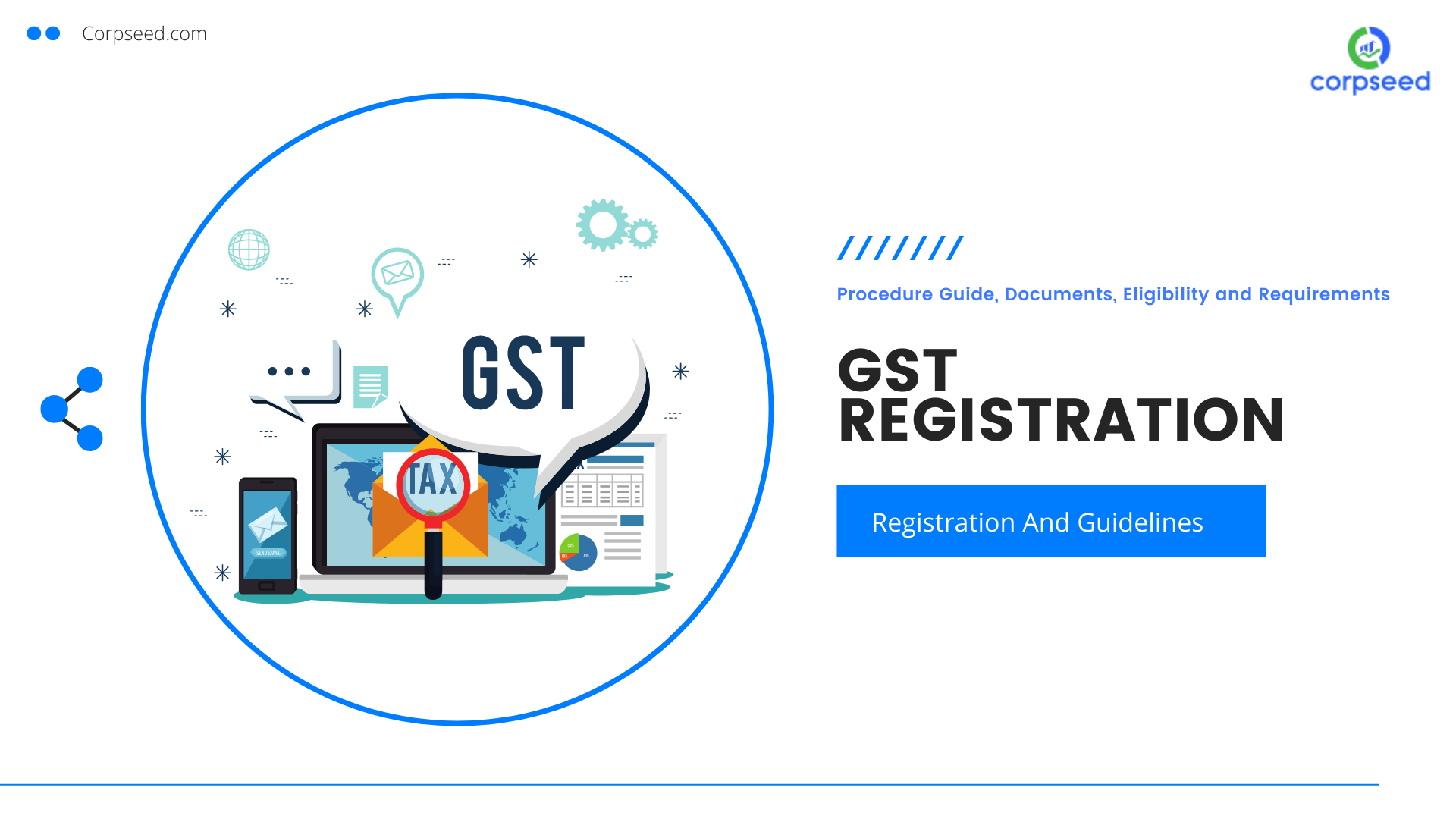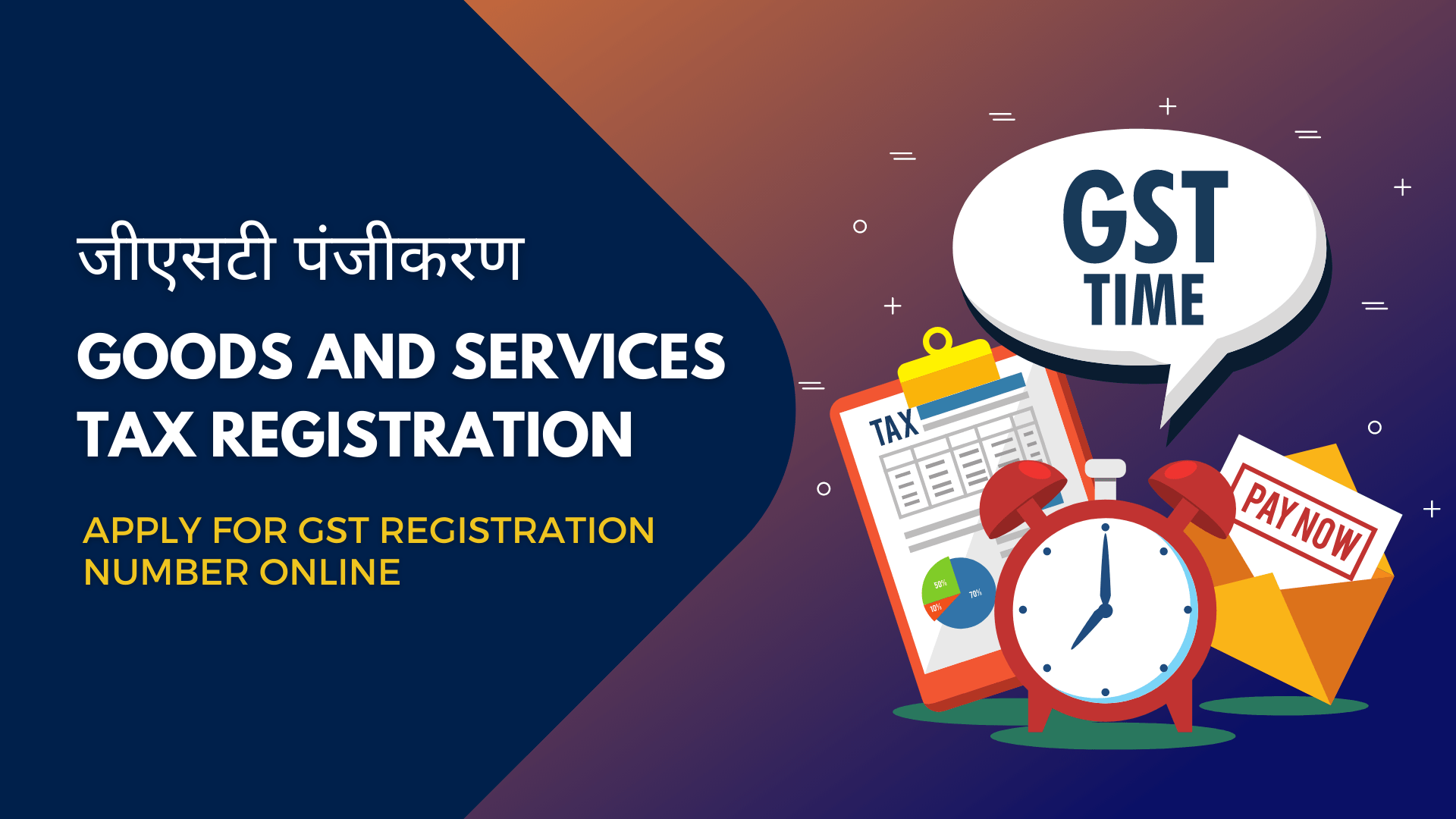Understanding the Advantages of the very best GST Registration Services in Singapore
Understanding the Advantages of the very best GST Registration Services in Singapore
Blog Article
From Beginning To End: The Ultimate Roadmap to GST Registration for Companies Seeking Financial Security
Navigating the intricacies of Goods and Solutions Tax Obligation (GST) enrollment is a critical step for companies making every effort for financial stability. Breaking down the roadmap right into convenient actions can streamline the enrollment trip for services looking to boost their economic standing.
Recognizing GST Fundamentals
Exploring the essential principles of Item and Provider Tax (GST) is necessary for gaining a detailed understanding of its ramifications on services and the economic situation. GST is a value-added tax obligation imposed on many items and services for residential consumption. It has actually replaced several indirect taxes that existed in the pre-GST period, streamlining the tax obligation framework and enhancing simplicity of doing business in India. Under the GST system, both solutions and items are exhausted at a certain rate, which is identified based on their classification. If their annual turn over goes beyond the threshold limit established by the government, services are needed to register for GST. Input Tax Debt (ITC) is a considerable attribute of GST, permitting organizations to assert debt for tax obligations paid on inputs, lowering the total tax concern. Comprehending the basics of GST is crucial for organizations to follow tax obligation guidelines, manage their financial resources successfully, and add to the nation's economic development by joining a transparent tax system.
Eligibility Criteria for Enrollment
To register for GST, companies have to fulfill details qualification standards established by the federal government. The main qualification requirement is that any kind of service involved in the supply of products or solutions with a yearly accumulation turnover over the threshold limitation established by the authorities should sign up for GST. As of the existing guidelines, the threshold limitation for GST enrollment is a yearly accumulation turnover of 40 lakhs for businesses running within a state, with the exception of unique classification states where the limit is 20 lakhs. Furthermore, specific services are required to sign up for GST regardless of their turnover, such as interstate providers, laid-back taxable individuals, and organizations reliant pay tax under the reverse cost mechanism. It is vital for companies to completely analyze their turn over and deal types to determine their GST enrollment obligations accurately. Failing to sign up for GST when eligible can cause charges and lawful effects, making it essential for organizations to abide by the defined eligibility requirements.
Files Needed for Registration
Having actually met the qualification standards for GST enrollment, services should currently ensure they have the requisite papers in position to proceed with the enrollment process successfully. The files required for GST registration usually consist of evidence of service constitution, such as partnership action, enrollment certificate, or unification certification for different types of companies. Additionally, businesses need to give files establishing the primary location of business, such as a rental contract or power expense. PAN card of business, along with the identification and address evidence of promoters/partners/directors, are necessary for confirmation purposes. Financial institution account declarations, along with terminated cheques or a copy of the financial institution passbook, are needed to verify the monetary details offered throughout enrollment. Moreover, organizations have to have electronic signatures ready for the authorized notary. Making sure all these records are arranged and easily available will certainly quicken the GST registration procedure, allowing companies to adhere to tax obligation laws effortlessly.
Step-by-Step Enrollment Refine
Starting the GST registration process entails a collection of structured actions to make certain a seamless and compliant registration for services. The initial step is to visit the GST portal and complete the registration form with exact information of the company entity. Following this, the applicant obtains a Temporary Referral Number read what he said (TRN) which is made use of to resume the application process if it's not completed in one go.
Next, all required files according to the list supplied by the GST portal demand to be uploaded. These papers typically include proof of service registration, address and identification proofs of marketers, economic statements, and company entity's PAN card.

Post-Registration Compliance Standards

Verdict
Finally, organizations looking for financial security should understand the More hints essentials of GST, fulfill eligibility standards, collect required records, adhere to the detailed registration procedure, and abide by post-registration standards - Best GST registration services in Singapore. By adhering to these actions, companies can ensure compliance with tax regulations and maintain financial stability in the future
In addition, certain organizations are called for to sign up for GST regardless of their turnover, such as interstate suppliers, casual taxed individuals, and services responsible to pay tax obligation under the reverse cost mechanism.Having fulfilled the qualification requirements for GST registration, services must currently ensure they have the requisite files in location to proceed with the enrollment procedure effectively. The documents required for GST enrollment normally include proof of company constitution, such as partnership action, enrollment certification, or consolidation certification for different types of organizations. In addition, services require to offer papers establishing the primary location of business, such as a rental agreement or electrical energy costs.Starting the GST pop over to this web-site registration procedure entails a series of structured actions to ensure a smooth and certified enrollment for organizations.
Report this page